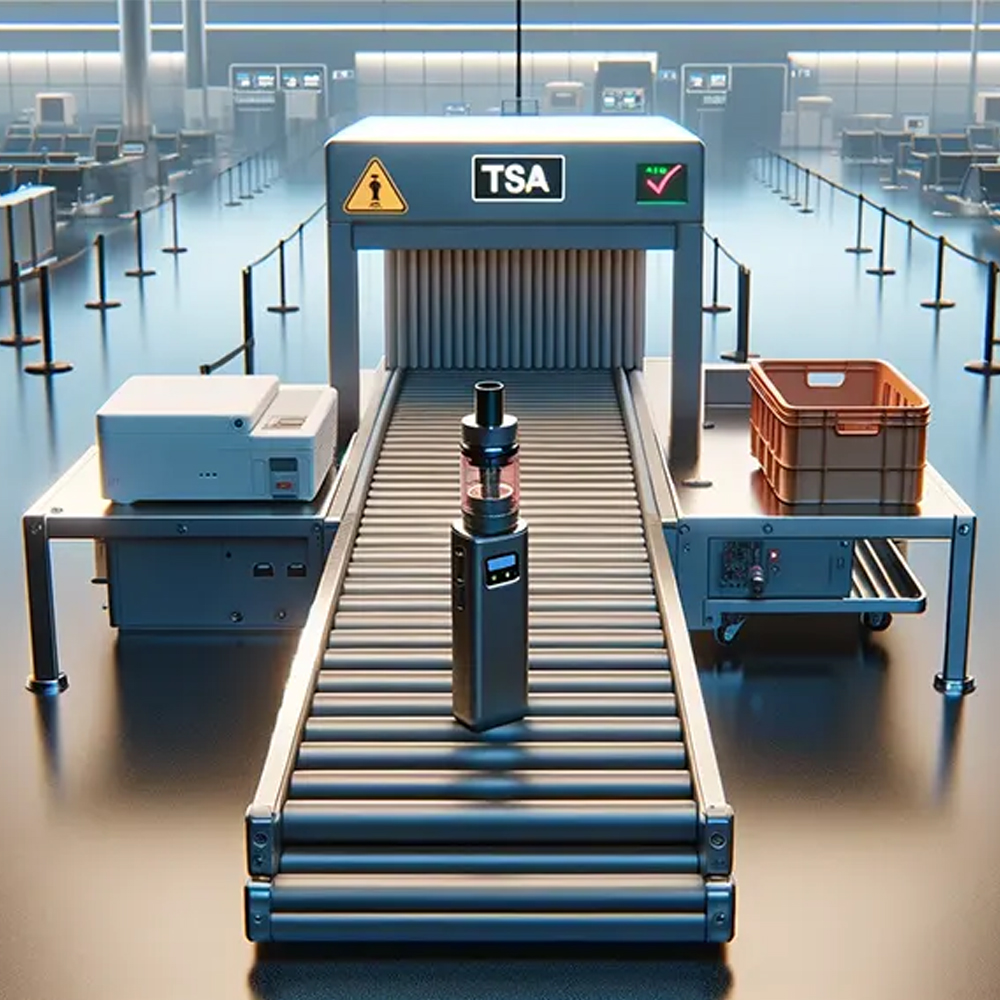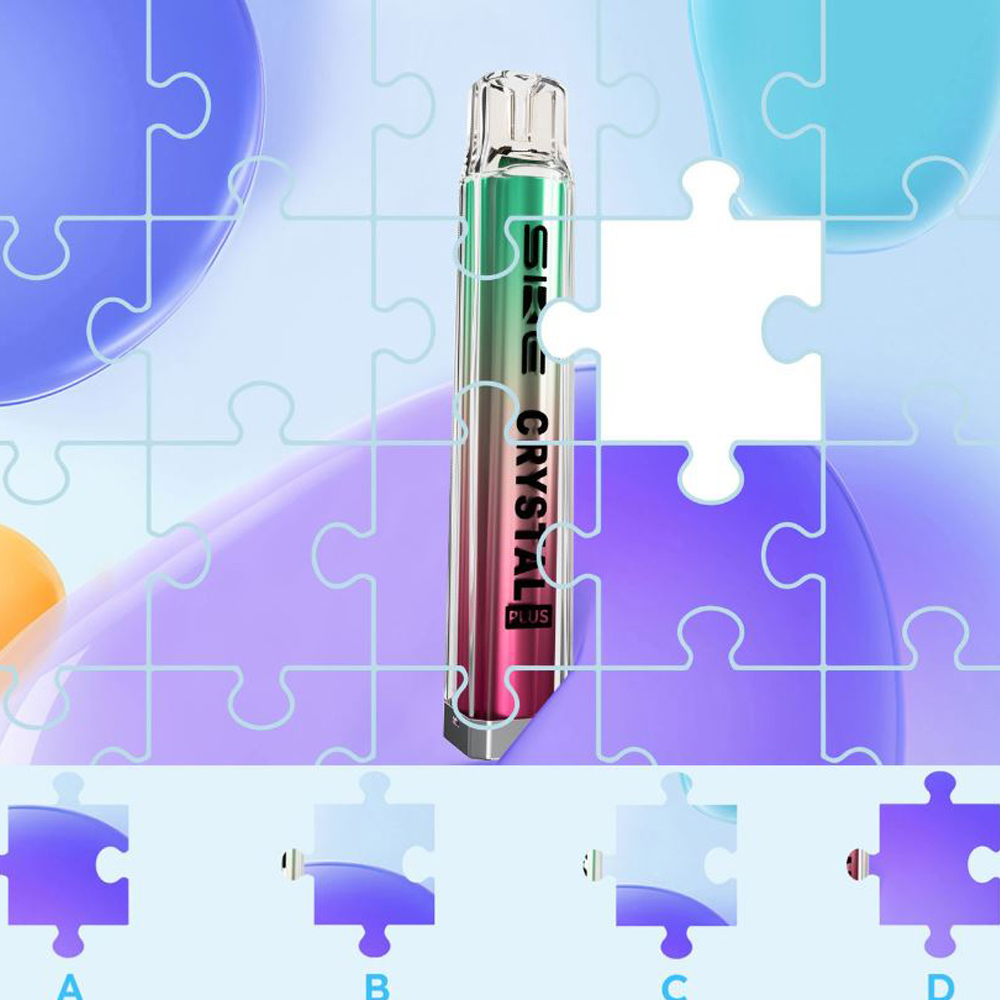Enacted in 2003 as European law and reinforced by the Waste Electrical and Electronic Equipment Regulations in the UK since 2013, it aims to mitigate the adverse effects of discarded electrical goods on the environment.
Table of Contents
Vaping, a rapidly growing industry, falls within the purview of the WEEE Directive. Despite the availability of biodegradable options like Slix disposables, concerns persist regarding the environmental repercussions of disposable vapes. The UK Government’s decision to ban disposable vapes underscores this concern.
Under the WEEE Directive, distributors of electrical equipment, including vape kits, are mandated to facilitate the recycling of old devices when new ones are purchased. This obligation reflects a broader effort to reduce environmental strain and carbon emissions associated with discarded electrical products.
Proper disposal of vapes and e-cigarettes is imperative due to their potential fire hazards and environmental threats. Retailers are required to provide designated “waste vape” bins for customers to dispose of their old devices safely. The presence of a crossed-out dustbin symbol on vapes indicates that they should not be disposed of in regular waste bins.
At Vape Shop, we are committed to environmental stewardship by offering free recycling services for old vape kits. By adhering to WEEE regulations, we contribute to reducing the environmental impact of discarded vaping products.
Improper management of vaping waste can result in the leakage of toxic chemicals into the environment, posing long-term harm. Given that vapes and e-cigarettes can take up to 1000 years to decompose, responsible disposal is crucial to prevent environmental degradation.
Compliance with the WEEE Directive not only safeguards the environment but also promotes sustainability by salvaging useful materials for recycling. Recycling initiatives not only mitigate ecological damage but also contribute to the creation of new products from repurposed materials.
Utilizing waste vape bins not only aligns with regulatory requirements but also offers unexpected benefits. Salvaging lithium batteries from recycled vapes for reuse in electric vehicles exemplifies the circular economy’s potential to minimize waste and reduce carbon footprint.
In essence, embracing the principles of the WEEE Directive fosters a greener future for vapers and retailers alike. By prioritizing sustainability in vaping practices, we contribute to a more stable and environmentally conscious society.
All information about SKE vape and common knowledge on vaping.











